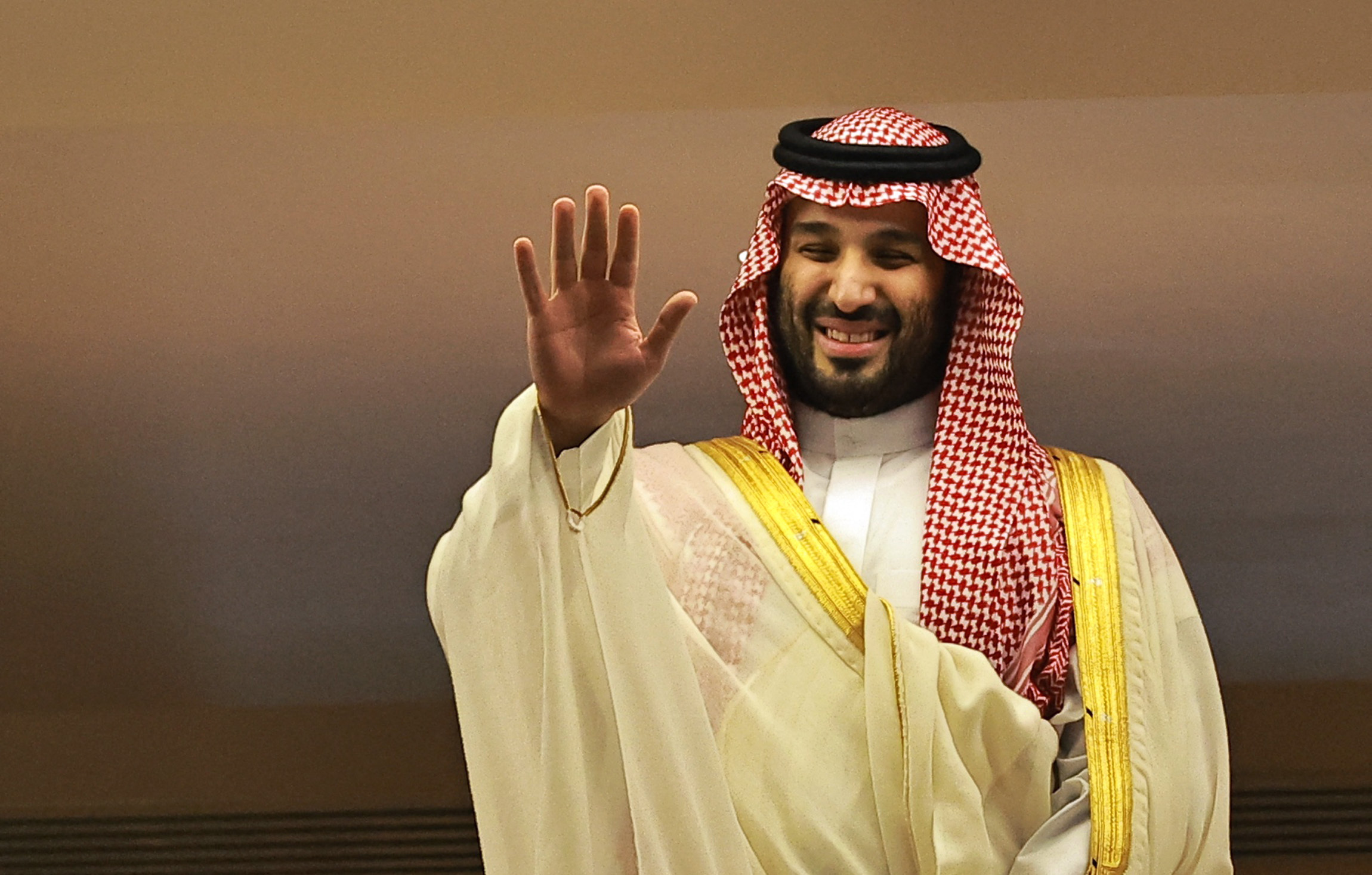
The discussions took place against a backdrop of fluctuating global oil prices and complex geopolitical tensions. Both leaders expressed mutual satisfaction with the current collaborative efforts, emphasizing the critical role of the OPEC+ alliance in stabilizing the oil market and addressing supply-demand imbalances.
OPEC+, an alliance of oil-producing countries that includes members of the Organization of the Petroleum Exporting Countries (OPEC) and several non-OPEC producers, was established to manage oil production levels and influence global oil prices. The group has been instrumental in implementing production cuts to balance the market and support oil prices during periods of volatility.
The recent engagement between Lavrov and the Saudi Crown Prince highlights the ongoing importance of this partnership. Their discussion centered on maintaining production targets and navigating challenges posed by geopolitical uncertainties and evolving energy policies. Both sides reiterated their commitment to the strategic goals of OPEC+, emphasizing that cooperation within this framework remains crucial for market stability.
Economic analysts have observed that OPEC+ agreements have had a notable impact on global oil markets. Production adjustments by the alliance have helped to mitigate extreme price fluctuations and contribute to a more stable market environment. This collaborative approach is viewed as a stabilizing force amidst global economic uncertainties and fluctuating demand patterns.
The Saudi Crown Prince's involvement in these discussions reflects Saudi Arabia's pivotal role within OPEC+. As the largest oil producer in the group, Saudi Arabia's policies and production levels significantly influence global oil prices. The Crown Prince's engagement underscores Saudi Arabia's strategic focus on sustaining oil market stability while balancing its economic diversification goals.
For Russia, maintaining a strong partnership with Saudi Arabia and other OPEC+ members is vital for its economic strategy. As a major oil exporter, Russia benefits from coordinated production policies that support higher oil prices and ensure a stable revenue stream. Lavrov's participation in the discussions reaffirms Russia's commitment to the collective objectives of OPEC+ and its willingness to collaborate on shared goals.
Both leaders acknowledged the challenges facing the oil market, including geopolitical tensions, fluctuating demand, and the transition towards alternative energy sources. Despite these challenges, Lavrov and the Saudi Crown Prince emphasized their determination to continue working together to address these issues and ensure that the OPEC+ alliance remains effective in managing global oil supply.
In addition to their discussion on production levels, the leaders also explored potential areas of further cooperation within the OPEC+ framework. This includes enhancing collaboration on market analysis and forecasting to better anticipate and respond to changes in global oil demand and supply dynamics.
The dialogue between Lavrov and the Saudi Crown Prince also reflects broader geopolitical trends. As major oil-producing countries navigate complex global economic and political landscapes, their ability to coordinate policies and collaborate on strategic objectives is increasingly important. The OPEC+ alliance serves as a key platform for these efforts, allowing member countries to align their interests and address shared challenges.
Topics
Spotlight
